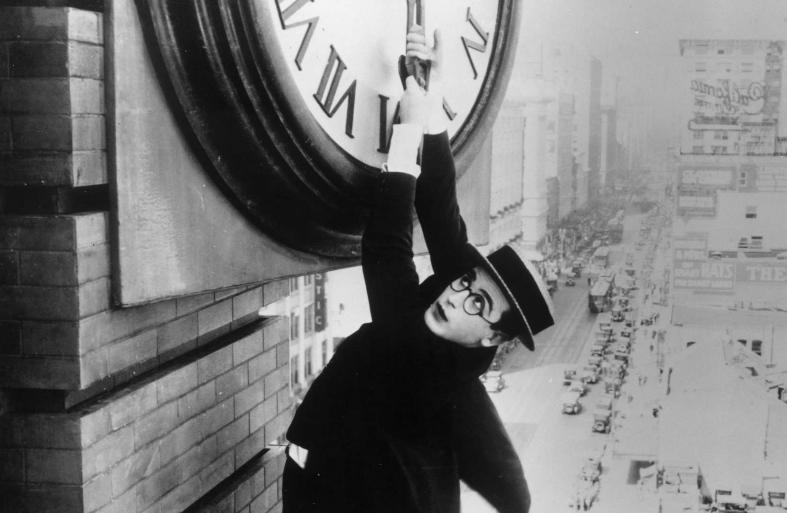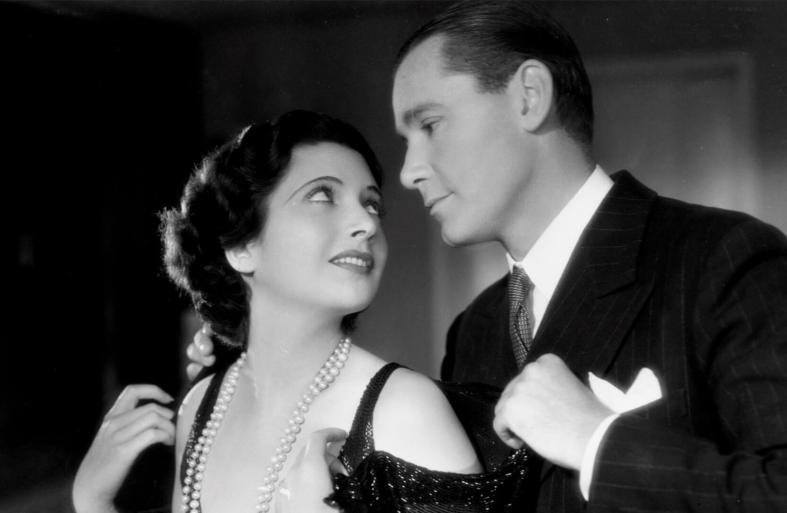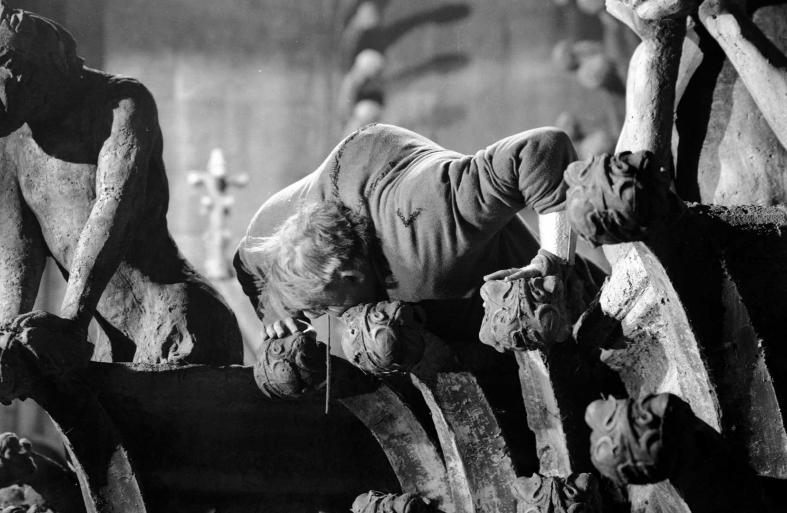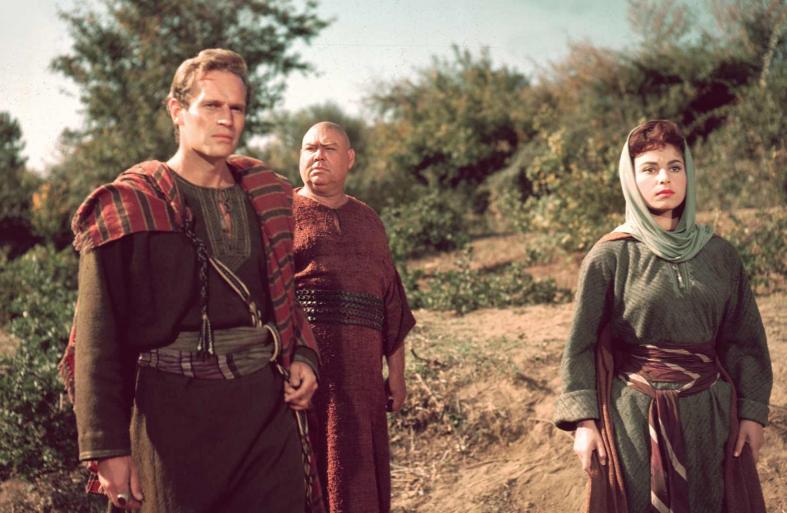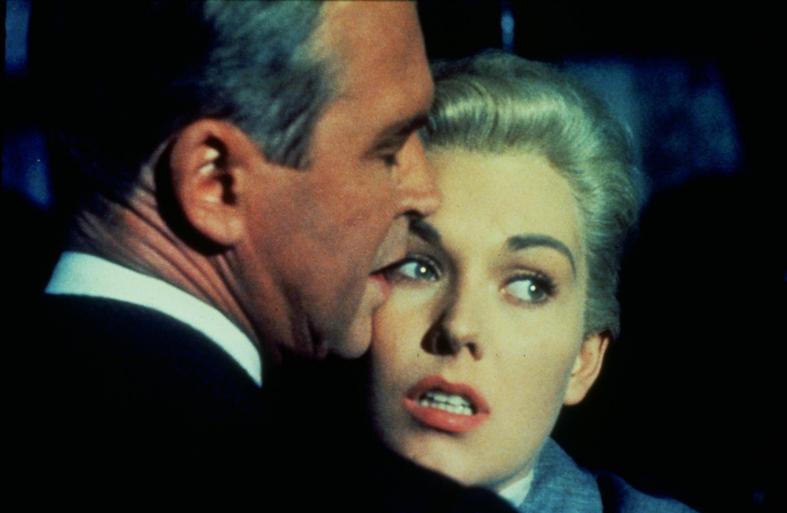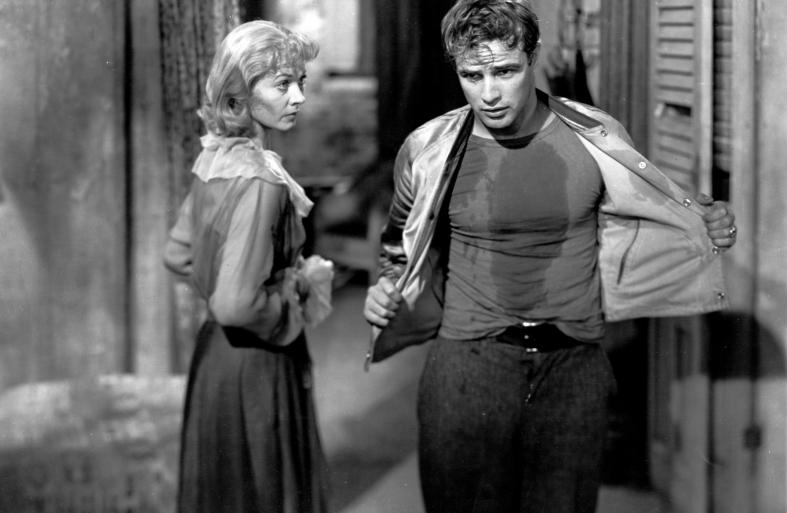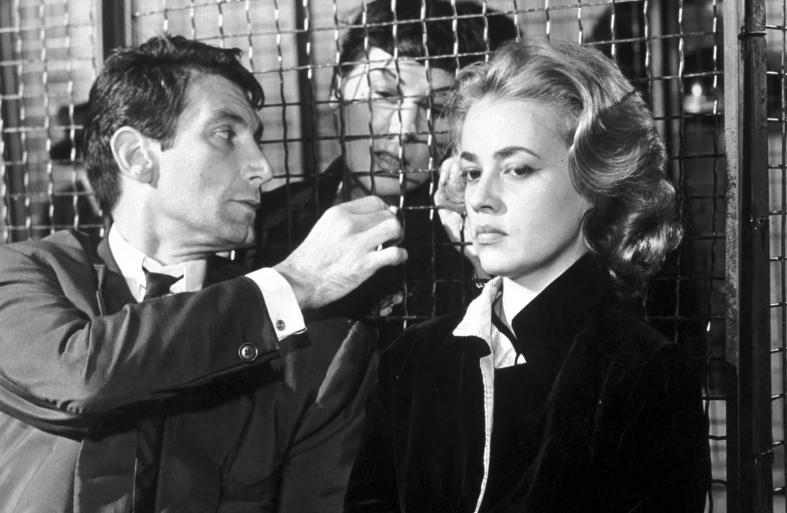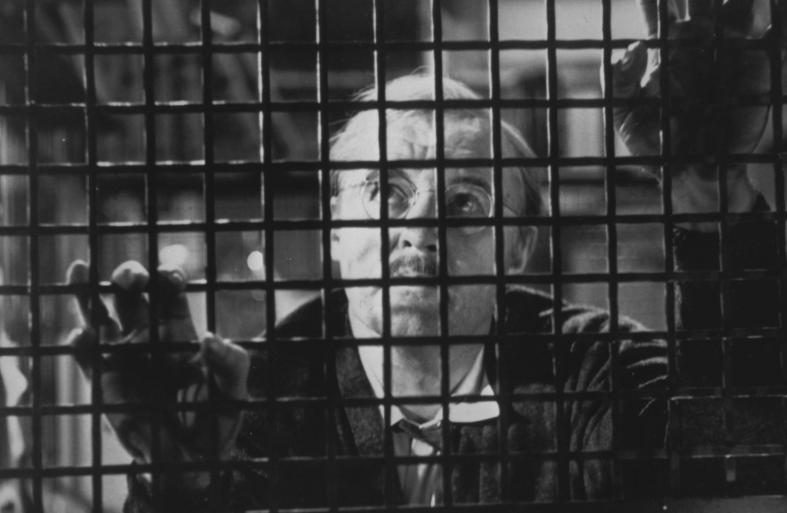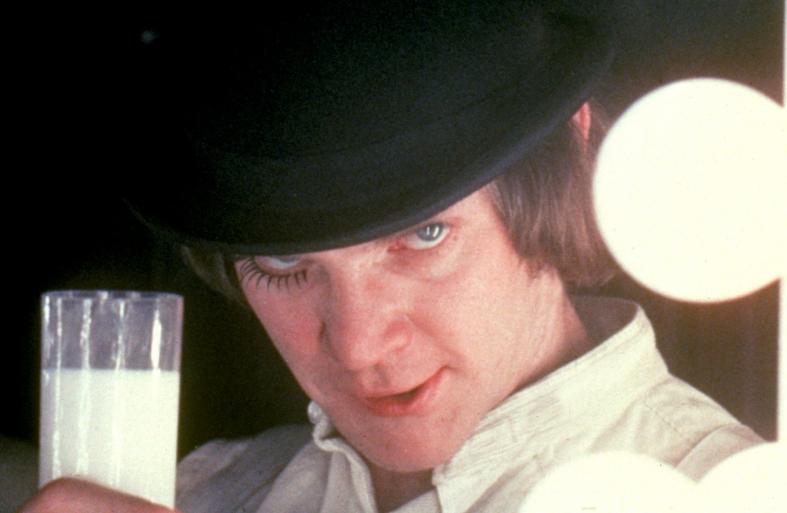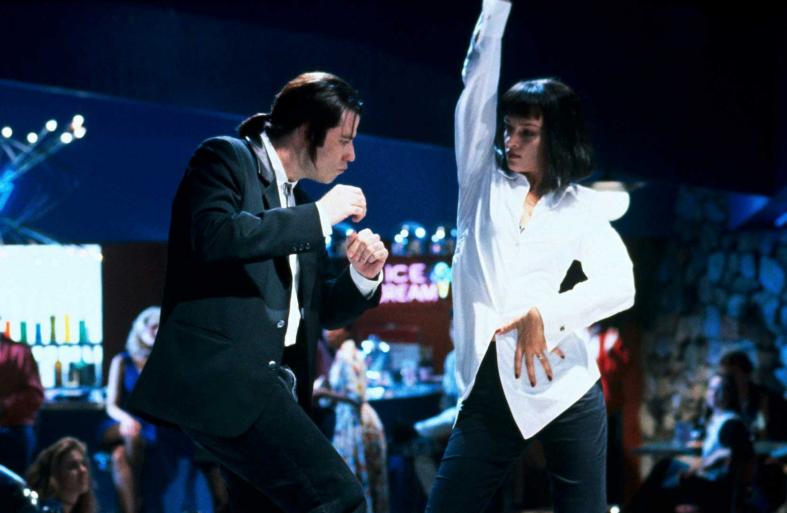From Al Jolson to Tarantino
A journey in four parts following the cinematic soundtrack
The musical soundtrack is a significant tool in shaping the cinematic experience. Throughout almost a century of talking cinema, this tool has developed in different and varied directions.
In September, we will hold a series dedicated to four key episodes in the journey that music has made in the last 100 years, from concert halls to movie soundtracks. Each part will include 3-4 films and an introductory lecture by film and television composer Jonathan Bar Giora, who will also accompany the lecture with the piano.
Part 1: Beyond the Sound Barrier
More than thirty years, dozens of attempts, inventions, ideas and one winning film, were needed to launch the synchronous sound in the cinema. The Jazz Singer, the film that eventually broke the sound barrier, made sophisticated creative use of the new invention, brilliantly harnessing it to sound-based realms of pure human emotion, realms that did not exist in the silent film.
Part 2: Golden Soundtracks
When the sound finally reached the screen, it arrived so quickly that it was necessary, within a short time period, to enlist dozens of composers, conductors, and arrangers to invent an entirely new profession: film composer. The phenomenal box office success of the films crowned with the new sound led to a 20-year period of unprecedented cinematic prosperity, known as the "Golden Age of Hollywood." The leading films of the period were wrapped in rich soundtracks, performed by big band orchestras, dedicated orchestras that recorded soundtracks from morning to night and specialized in all the aspects that characterize the art that had just come into the world: uncompromising precision in timings and performance, strict recording discipline, quick and precise reading of notes, meticulous conducting in front of a picture and more.
Part 3: Jazz and Cinema
In the 1950s, several deep currents shook the stable, super-profitable structure of Hollywood. As a result, the movie soundtracks also began to undergo a significant metamorphosis. One of the fascinating developments in those years was the creeping of jazz into movie soundtracks. Impromptu, impudent sounds, which on the face of them completely contradict the basic insights in the theory of careful composition for the image, breathed a new and refreshing spirit into film soundtracks, and by also added new meanings to the relationship between sound and image.
Chapter 4: The Soundtracks Directors
With the development and perfection of the art of composing for a picture, there were also directors who preferred not to entrust the soundtracks of their works to others, and became a kind of DJ for their films. The most prominent of them - Martin Scorsese, Stanley Kubrick, and Quentin Tarantino - concocted a mixture of pop songs, classical compositions, earlier film soundtracks and commissioned works for their films, in order to create a body of work that expanded the art of creating soundtracks to fascinating new realms.


